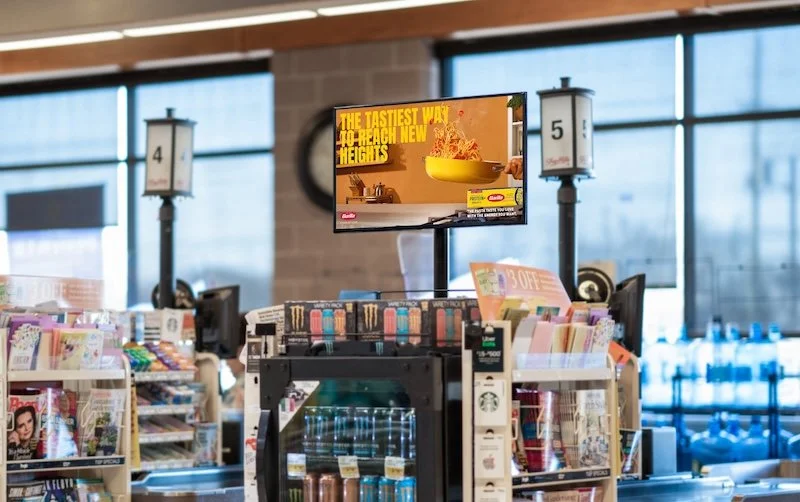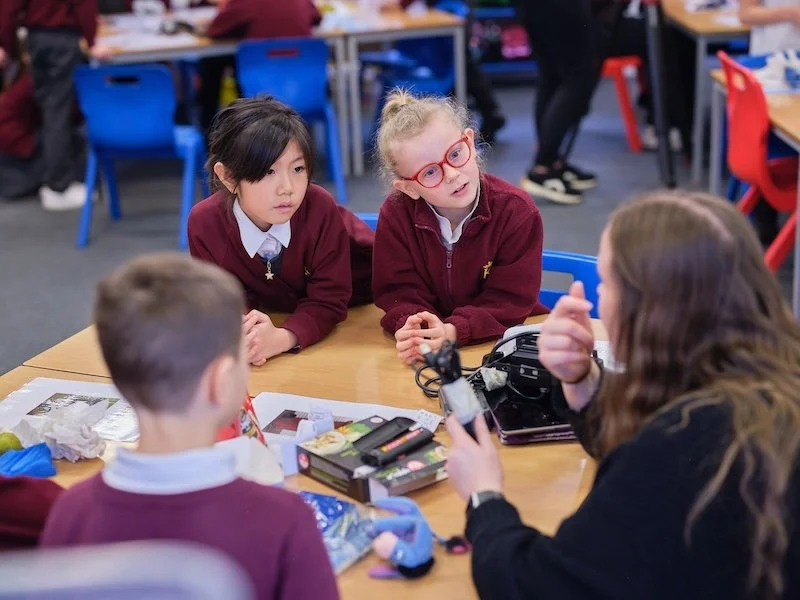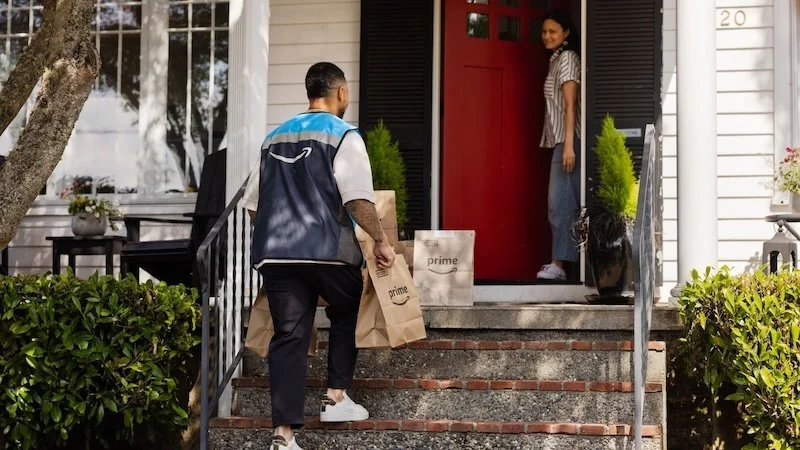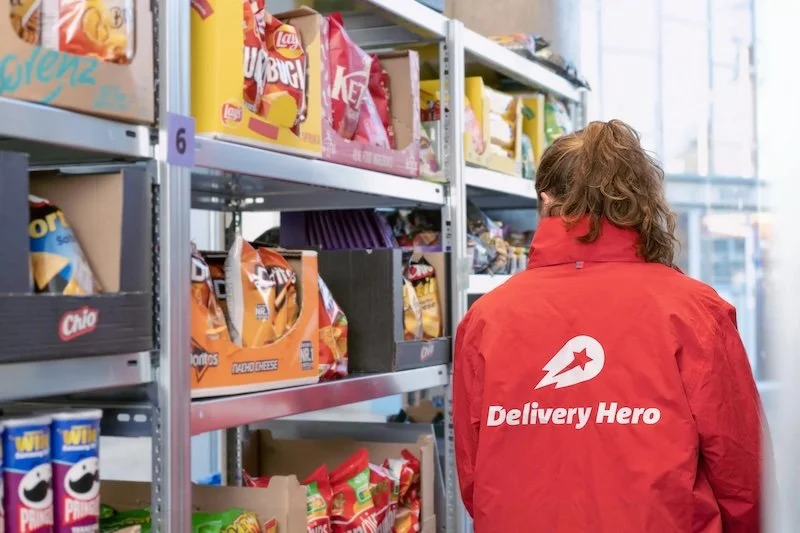Q&A: Martin Wild, Chief Innovation Officer, MediaMarktSaturn Retail Group
When it comes to the retail technology accelerator game, MediaMarktSaturn Retail Group is a leading player. Martin Wild talks RTIH through the journey so far
RTIH: In 2015, MediaMarktSaturn started to partner with startups in its accelerator programme Spacelab. What was the driving force here and what have been the key findings, opportunities etc?
Martin Wild: We’d discovered that there were natural limits to large companies’ internal innovativeness. Disruptive ideas that have the potential to genuinely revolutionise retail are often created in startups. But it’s precisely these ideas that we need if we intend to actively shape the future of the retail sector and keep surprising our customers and retaining them with an increasingly perfect shopping experience.
Therefore, we wanted to learn from the startups and at the same time give them an opportunity to pilot their ideas that we find so attractive in our operational retail business. To date, nothing about this fundamental conviction has changed – in fact, our expectations have paid off. In our first accelerator, Spacelab, for example, we met Deutsche Technikberatung, a firm which organises home visits by technicians to assist people with their technical problems on all electronic devices. We plan to roll-out this service in all our stores in Germany this year.
RTIH: This is now flowing into the broader platform Retailtech Hub. Could you walk us through the decision to expand your accelerator into an open platform?
MW: After the positive experience with Spacelab, we wanted to broaden our approach. To this end, last year we expanded our accelerator into the Retailtech Hub. We’re now entering other areas apart from consumer electronics and are turning to startups along the entire retail value chain. In addition, we’ve opened up the Retailtech Hub to other retailers. So far, we’ve been joined by two committed partners, namely the Schwarz Group with its two brands Lidl and Kaufland and property management company Aachener Grundvermögen – and that’s just for starters.
Furthermore, the new programme has been launched together with the accelerator experts from the Plug and Play Tech Center in Silicon Valley. At the Retailtech Hub, the focus is still on implementing pilot projects with our retail brands and the programme’s other retail partners. High profile mentors from our partners’ and our network and Plug and Play will be on hand to assist founders during the programme. And once participants have successfully completed it, we’ll also offer them an opportunity to take part in Plug and Play’s retail programme. We’re confident that once again we’ve significantly increased the accelerator’s potential for innovation and its attractiveness.
RTIH: The latest programme started in mid-October. Could you provide an update on this, startups involved etc?
MW: By opening Saturn Express, we’ve implemented an innovative pilot project in Innsbruck together with the London-based startup MishiPay, which developed it at the Retailtech Hub. Although it has the potential to fundamentally change retail, the principle is actually very simple. Thanks to the solution from MishiPay, the shop combines digital shopping with sound sales advice. The only thing missing compared to a traditional store is the tiresome waiting at the checkout. Instead, customers use the free Saturn Express app to scan the barcode of the items they want to buy and simply pay for them by credit card or PayPal. We are introducing the best aspects of the online checkout experience into our physical store. We were able to launch a pilot store after only a few months.
What’s more, we are working on pilot projects with the other nine startups from the Retailtech Hub’s first batch. One project involving weview, a platform for video reviews of products, just started with MediaMarkt. Our customers are now able to watch product reviews by weview members directly on MediaMarkt.de. Furthermore, collaboration is beginning with store2be. This startup markets vacant promotional and sales areas in shopping centres, shops and other premises like gyms and cinemas. store2be is now also offering spaces in MediaMarkt and Saturn stores.
RTIH: Can in-house innovation labs at major retailers flourish as a worthwhile investment or will they always come up against internal and external pressures?
MW: We have a culture which explicitly encourages and desires innovation in the interests of our customers, whom we intend to attract with the most inspiring customer journey possible, because we understand how vital this is for our commercial success. That’s the sole reason we have a Chief Innovation Officer and our innovation unit MediaMarktSaturn N3XT.
This function includes the capability to translate new ideas together with my team into practice, such as Saturn Express in Austria. For this purpose, I’m given all the internal resources I need. This is clearly a best case scenario of how to implement and encourage innovations instead of hampering them internally. We mostly work together with startups on new technologies and customer experiences and Retailtech Hub is a great way to always stay connected to the right startups. However, we also encourage our employees’ ideas and urge them to share their innovative suggestions with us.
RTIH: What has been your biggest challenge/setback since launching in 2015?
MW: In the beginning, it was doubtless trying to convince the founder scene of the attractiveness of our accelerator. We finally succeeded in doing so with the relaunch of the programme and the Retailtech Hub last year. Whereas in 2015 we had four startups on the programme, there are 11 in the current batch, selected by the jury from more than 200 applications. These numbers demonstrate that we have established a brand which is highly attractive to startups. This is the requirement for us to really discover innovative ideas and increase the Retailtech Hub’s attractiveness to other programme partners.
RTIH: What are the biggest challenges facing the omnichannel retail sector right now and how is the Retailtech Hub working to solve these?
MW :I can only answer this question on behalf of myself as Chief Innovation Officer. The big opportunity we see for ourselves as an omnichannel retailer compared to pure online vendors is our ability to combine the best of both worlds, analogue and digital. This results in a unique experience for customers, thus strengthening their loyalty. It starts with digital features at the Point of Sale, such as electronic shelf labels, which enable us to respond quickly and effortlessly to price changes by online competitors.
But we’re also working on things like robotics and VR. Robots are already in use in the first stores. They welcome customers and guide them to the products they’re interested in. And we’ve created Virtual Saturn – the first virtual shopping worlds for consumer electronics, in which customers can immerse themselves with VR headsets, and where trained shop assistants are on hand as avatars to provide advice. The next big thing is bound to be artificial intelligence. In our current batch we have some exciting startups with initial ideas for AI-based retail.
RTIH: What can we expect to see from the Retailtech Hub over the next 12 months?
MW: For one thing, we’re looking forward to the current pilot projects involving startups from the first batch I described earlier and our shared experience of how they work in practice. Moreover, our second batch began in early March with 11 startups. The retail innovations they have developed range from smart monitoring systems which spot probable shoplifting before it occurs to cashier-less checkout systems and cloud-based logistics solutions.
But the traditional PoS is also being revolutionised by ultra-thin LED screens and the open standards networking of all IoT devices. From radar sensors and AI to deep learning, the second batch once again impressively demonstrates startups’ innovativeness and creativity. We look forward to working with them for three months – and then putting the convincing ideas into practice in related pilot projects. We will also partner with further retail partners to make the ecosystem even more interesting for all participants.










Continue reading…